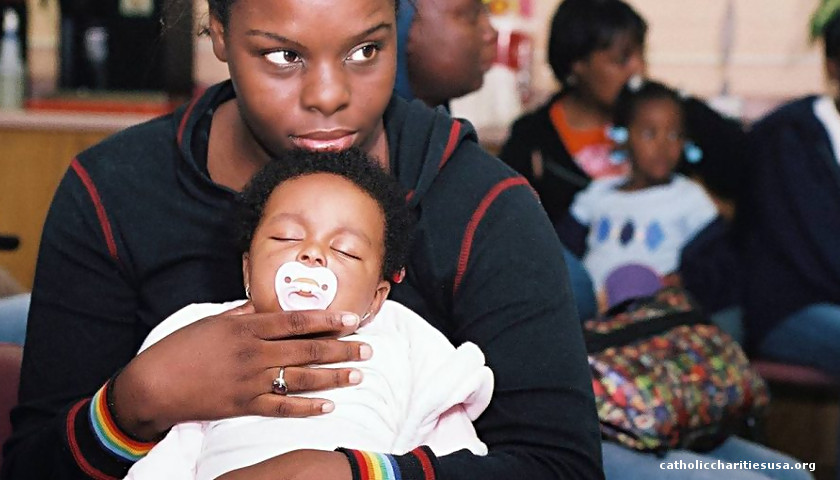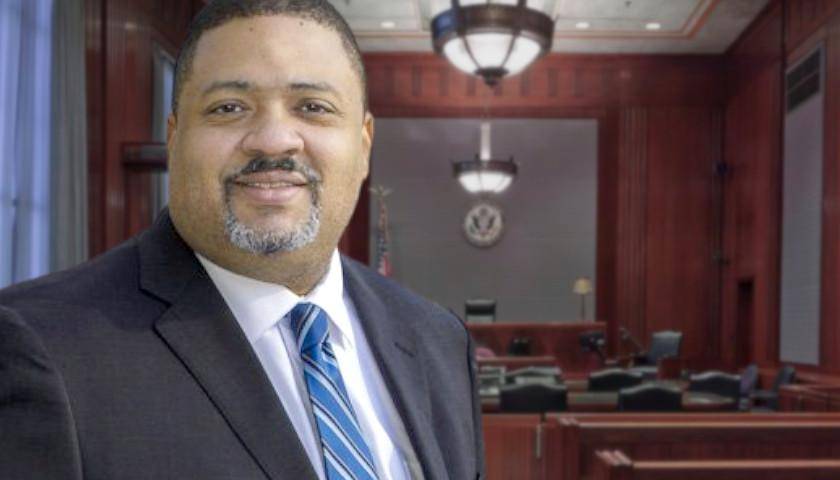State governments partnering with faith-based and community organizations to maximize the use of resources is not a new concept. In some states, public-private partnerships have been expanded across most government departments, a model GOP gubernatorial candidate Bill Lee proposes to follow for Tennessee.
With President Trump’s intention to trim federal spending, a new question has been raised with regard to the role of faith-based and community organizations helping to augment the work of state government agencies and one that may be especially relevant for Tennessee.
According to a 2017 article in Governing Magazine, data related to major spending areas put 38% of Tennessee’s general revenue reliant on federal aid in the domains of public welfare spending (59.7% federal dollars), education (14.6% federal dollars), and 53% reliant on federal dollars for roads.
WalletHub ranked Tennessee overall as the 13th state most reliant on federal aid but whose state government funding was 8th overall most dependent on federal dollars.
If Tennessee were to receive fewer federal dollars, would the state be forced to cut certain services? Would faith-based and community organizations be financially prepared to step into the service gap?
There has been long-standing opposition to faith-based groups relying on government funding. Responding to President Bush’s push to steer government funding to faith-based organizations, the Cato Institute expressed concern over the potential effect:
As they became increasingly dependent on government money, faith-based charities could find their missions shifting, their religious character lost, the very things that made them so successful destroyed. In the end, Bush’s proposal may transform private charities from institutions that change people’s lives to mere providers of services, little more than a government program in a clerical collar.
At the federal level, the scenario postured by the Cato Institute in 2001, rings true today with regard to refugee resettlement agencies whose work was dominated by a dependence on federal grants. Not only were these organizations forced to abandon their religious identity when providing the government-funded services, but are now closing offices due to the sharply reduced federal money flowing into their bank accounts because of the sharply reduced number of refugee entrants.
Were faith-based and community organizations able to provide the healthcare needed by people without insurance and for those who are not TennCare-eligible, would Governor Haslam have pushed his Obama-styled “Insure Tennessee” plan?
The first faith-based and community initiative in Tennessee was established through the Department of Health in 2004. More recently, the Tennessee Department of Mental Health & Substance Abuse Services and the Office of Minority Health Disparities and Elimination have expanded to promote faith-based services.
GOP gubernatorial candidate Bill Lee has proposed following the example of states with more expansive public-private partnerships. Lee’s plan as described on his campaign website would create an Office of Faith-Based and Community Initiatives within the governor’s office and have this office work across “every department that serves Tennesseans and enhance the reach of organizations serving people at-risk including areas such as health, education, workforce development, and human services.”
The Community & Faith-Based initiatives in Michigan and Texas each operate across their respective state government’s departments including the ones that oversee foster care and adoption services. These states have reached out to faith-based groups to help find families to foster and adopt children needing homes.
Shortly after Texas announced its faith-based outreach, the Texas Tribune’s “TribTalk” highlighted an “unintended consequence” of a potentially adverse effect on “the permanency outcomes of lesbian, gay, bisexual, and transgender youth in the foster care system.” The position statement drafted by St. Edward’s University Asst. Professor McCormick provided studies and statistics to support his concerns:
Because of the shortage of LGBT-friendly foster families in Texas, LGBT youth are often relegated to group homes, children’s homes and other congregate care settings, a dynamic that reinforces the idea that LGBT youth aren’t worthy of a family connection.
And in a faith-based system, there is an increased likelihood of prospective foster and adoptive parents’ theological and personal convictions directly conflicting with the acceptance and affirmation LGBT youth require, leaving them at higher risk of secondary rejection and higher placement turnover.
If the primary responsibility of the foster care system is to keep children safe and protect them from future risk, then Texas must take extra measures to decrease the incidents of maltreatment, discrimination and rejection among LGBT youth in foster care.
A recent study assessing the impact of family acceptance found that LGBT youth with accepting and affirming caregivers are nearly eight times less likely to attempt suicide and six times less likely to have depressive symptoms than youths whose caregivers reject their sexual orientation or gender identity.
If Texas proceeds with a faith-based approach to improving the foster system, then it should also purposefully seek foster homes specifically for LGBT youth.
Disaster recovery has been a popular domain for faith-based group partnering with state agencies. To take advantage of this resource, Missouri’s state government established a “Faith-Based and Community Service Partnership for Disaster Recovery.”
Faith-based groups have organized themselves into a national network for disaster response called the National Voluntary Organizations Active in Disaster (NVOAD), with a named representative in every state and a board representing Muslims, Christians, Lutherans, Methodists and organizations like Feed the Children. NVOAD’s 2019 national conference will be held in Nashville.
While the Tennessee Emergency Management Agency does not have a formalized faith-based and community organization initiative, its website states that when disasters strike volunteer inquiries will be directed to the TNVOAD or a local emergency management agency.
For example, ICNA Relief (Islamic Circle of North America) represented on the board of NVOAD, joined with other faith groups in responding to Nashville’s 2010 flood. Samaritan’s Purse was on the scene in response to a 2013 flood in Kingsport, and the Holston Conference of the United Methodist Church partnered with other organizations to rebuild homes lost in last year’s Gatlinburg wildfire.
It’s not clear whether Bill Lee’s desire to expand public-private partnerships in Tennessee will encompass disaster relief. Nor is it known whether and to what extent expanding partnerships between the State of Tennessee and faith-based and community organizations would increase access to services especially if federal funds for social services were reduced.
But Lee’s campaign website description of his proposed Office of Faith-Based and Community Initiatives states that “Bill Lee’s plan would increase coordination and work with community, nonprofit and faith leaders to raise awareness of potential government funds and partnership opportunities.”
When Mitt Romney was governor of Massachusetts he also established an office to help faith-based organizations providing social services access federal funds. Over a two year period of time, organizations helped by Romney’s office received over $60 million dollars in federal funding.
Critics of Romney’s efforts to help faith-based groups find and receive federal funds was characterized as campaign posturing and a way for Romney to “raise [his] personal religious profile” :
Romney’s announcement was immediately portrayed by some critics as an effort to reach out to Republican presidential voters, in this case evangelical Christians, who make up a key part of the Republican constituency.
Americans United for the Separation of Church and State criticized Romney’s actions for the same reason they criticized Bush’s initiative for trying “to break down the church state wall.”




